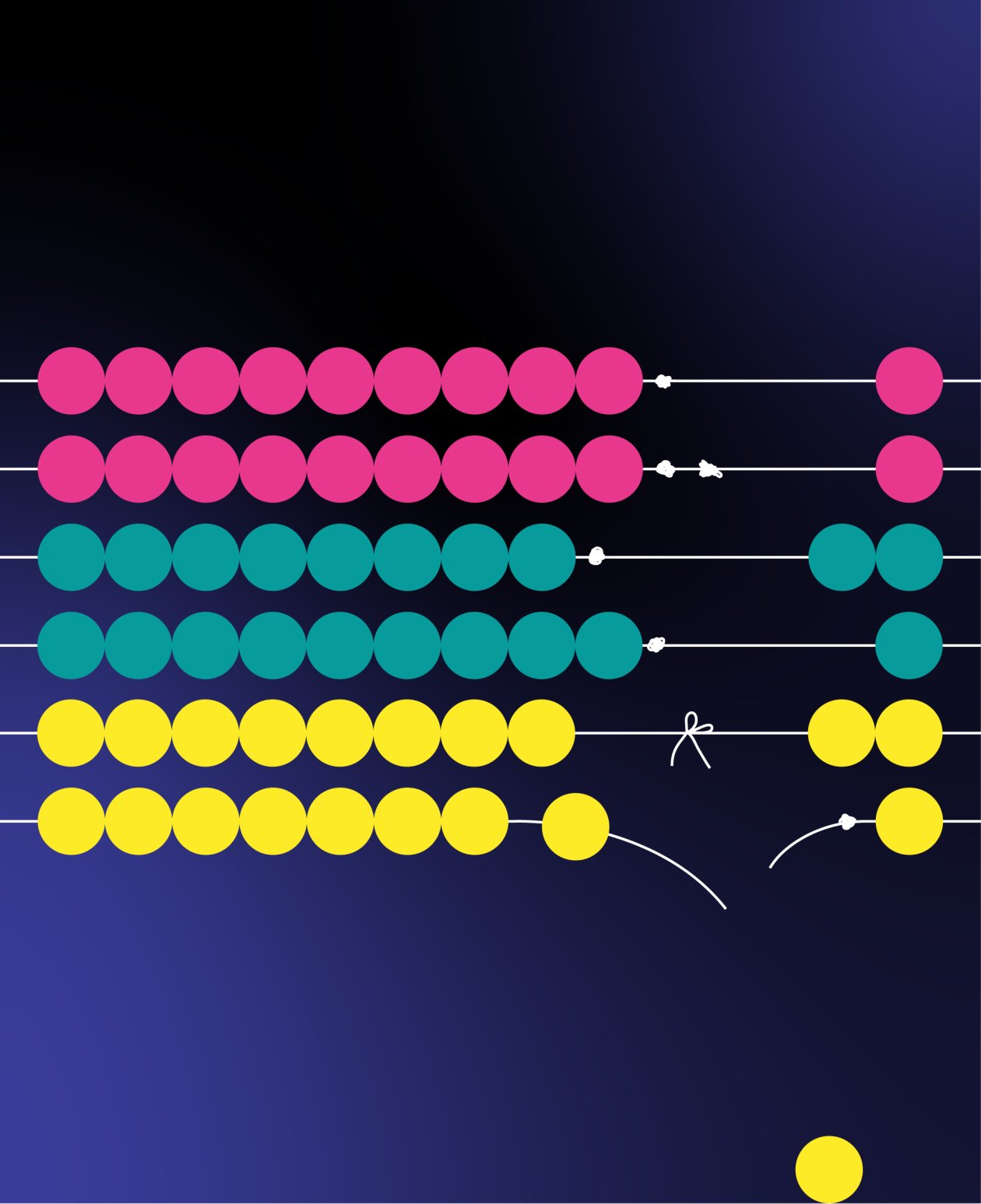The call for proposals and selection process for the funding program were supported by six experts with extensive experience and expertise in economic inequality. They contributed their knowledge and insights to the selection and evaluation criteria and provided guidance on the implementation of the program. They advised the foundation on designing an inclusive call for applications and a barrier-free selection process with the aim of enabling organizations and groups with direct experience of economic inequality to apply. Finally, the jury selected the funding recipients.
Hope Chigudu
Activist, feminist, and independent consultant.
Hope, how does building power contribute to economic justice?
"Structural inequities limit the lives of women, girls, and non-gender conforming people. Building power within an intersectionality framework therefore means acknowledging how gender – along with class, race, sexuality and other factors – shape an intersectional approach to oppression and conversely “liberation.” It also means using decolonial frameworks to mobilise, reclaim, and harness the resources found in nature."
Hope works with development organisations across the African continent and some countries in Asia. Her work focuses on body, emotional, and financial wholeness. She is a catalyst for the threads of energy, care, and wellbeing and a conduit for connecting with nature and indigenous resources. Hope supports organisations to liberate their minds to engage in radical imagination, promote pleasure activism, and loving organisations. Everything connects because it is about creating a world in which everyone belongs, flourishes, and feels like their needs could be met in there. As she works with organisations, she shares the practical skills and the tools for the expanded awareness needed to work more wholistically and expansively with constituencies.
Marija Jakovljevic
Participatory Resource Distribution Manager, Dalan Fund
Marija, how does building power contribute to economic justice?
"Historically, Yugoslav experience teaches us about the importance of protecting our emancipatory heritage(s) and opening space for experimenting and collective (un)learning about what economic justice and decent life can be in practice. Today, we see struggles for economic justice in the opposition to lithium mining in Serbia. The extraction is meant to support the so-called “green” transition of the EU but comes at the cost of peripheral countries like Serbia. Massive mobilization based on self-organizing and self-representation are key preconditions for building power to operationalize our economic rights, to protect our land from irreversible destruction and to pave the way for larger societal transformation. It is a process of resisting, defending, healing, reimagining and rebuilding just economies."
Marija brings almost 20 years of activist and professional engagement connecting feminism, human and environmental rights, peacebuilding, solidarity economy, and progressive philanthropy. For over a decade, she explored economic justice and alternatives as a researcher, activist, program coordinator, advisor, convenor, and community mobilizer. She worked on knowledge production on taxation, economic alternatives, and access to social benefits. With Roza – organization for women's labor rights she produced the first Collective Care Manifesto in Serbia. Her current interest is safety nets for activists. Marija holds a master's degree in Sociology. She is a Social Change Initiative Alumna, and Sakharov Fellow for 2024.
Gillian Katungi
Executive Director of Kinfolk Network
Gillian, how does building power contribute to economic justice?
“Our societies have been shaped by the unjust concentration of wealth and decision-making in the hands of a few. Legacies of exploitation, land dispossession, undervalued labour, extractive economies, and the criminalisation of poverty isolate us from ourselves, the earth, and each other. Building collective power means communities challenging unjust systems—not just through protest, but through vision and action. It enables us to define our needs and shape our futures. Economic justice is about deciding how our needs are met, with and by our communities. Organised power holds institutions accountable and helps build alternative systems. Especially among the most marginalised, it opens space for care, kinship, and reciprocity. It allows us to reclaim solidarity and grassroots economies rooted in survival and joy. Economic justice is about thriving and building just, abundant futures together.”
Gillian (Gee) Katungi is a mother, strategist, artist, and organiser working on racial justice and systems change. As Executive Director of Kinfolk Network, she facilitates national work supporting Black leaders, campaigners, and activists to come together to strategise, share resources, and strengthen cross-movement relationships. Gee’s background spans public and non-profit sectors, with roles across political advocacy, public relations, campaigning, youth work, governance, strategy, and funding reform - always grounded in Black feminist praxis. Gee brings a deep commitment to equity, world building, relationships, accountability, and transformative approaches to economic and social justice. “I am passionate about the kind of cross-movement power building that enables deep and long-lasting connections. I am here for solidarity, joy, and collective healing.
Âurea Mouzinho
Program Manager, Africa Thousand Currents
Âurea, how does building power contribute to economic justice?
"At its heart, economic justice is about making the economy work for the people, the majority, the marginalized. Because our current economic system is not this way inclined, it is through reclaiming their collective power that people are able to push towards fairer economic policies and systems."
Ȃurea Mouzinho is a feminist economic justice organizer from Luanda, Angola, with a 10-year career in research, grant-making, advocacy, and movement-building for women's rights and economic justice across Africa and the global south. She is a co-founder and former co-coordinator of the Ondjango Feminista, a collective of Angolan women defending women's rights from a transformative African feminist perspective that centers justice, freedom and solidarity; and currently serves as a Board Member to the Association of Women in Development (AWID). Aurea is trained in Economics at Monash University and the University of Cape Town, and holds a Masters in Development Studies from SOAS, University of London.
Leanne Sajor
Director, Funders for a Just Economy at Neighborhood Funders Group
Leanne, how does building power contribute to economic justice?
"We must prioritize support for economic justice movements— especially those led by groups in the Global South—who ground their work in intersectional and decolonial approaches. As Audre Lorde reminds us, “we do not live single-issue lives.” These organizations are uniquely positioned to meet the material needs of their communities while drawing from strategies and voices from a rich tapestry of movements: sex workers’ rights, climate justice, domestic work, disability justice, and beyond. Intersectionality doesn’t just reflect the complexity of our struggles—it sustains the connective tissue between movements, ensuring our fights for justice remain linked, alive, and grounded in solidarity."
Leanne Sajor (she/her) is from the Philippines and New York City, with 20 years of experience working with social justice, human rights and transnational feminist spaces. She began organizing with workingclass immigrant families in New York after 9/11, focusing on antimilitarism and immigrant rights which led her to specialize in participatory models for building collective power. She has organized with students, migrant domestic workers, workers in the informal sector, trade unions, and other justice movements globally through coalition building, political education programs, participatory action research projects and policy advocacy campaigns. Currently, she is the Director of Funders for a Just Economy at Neighborhood Funders Group. Leanne is also a Senior Fellow at the Atlantic Institute for Social and Economic Equity at the London School of Economics and Political Science.
Alberto Vasquez Encalada
Co-director, Mad Thinking
Alberto, how does building power contribute to economic justice?
"Building power makes economic justice possible. We cannot make change in our communities if we don’t build power and strengthen our movements. Only by coming together, we gain the collective strength to challenge unjust systems, demand accountability, and create our solutions. This enables us to transform structures that perpetuate exclusion, ensuring our communities have greater control over resources, opportunities, and the decisions that shape our lives—ultimately advancing economic and social justice."
Mad/disability activist with 20 years of experience in disability rights and mental health policy. Co-director of Mad Thinking, focused on strengthening disability organizing and building cross-movement solidarity. He is a lawyer with a Master’s in Disability Law and Policy from NUI Galway and has served as a consultant for various UN agencies. He has worked on legal reform, policy design, human rights monitoring, and research in Peru, Latin America, and other regions. He is also a founding member of the RedEsfera Latinoamericana por las Culturas Locas, la Diversidad Psicosocial, la Justicia, el Buen Vivir y el Derecho al Delirio.


